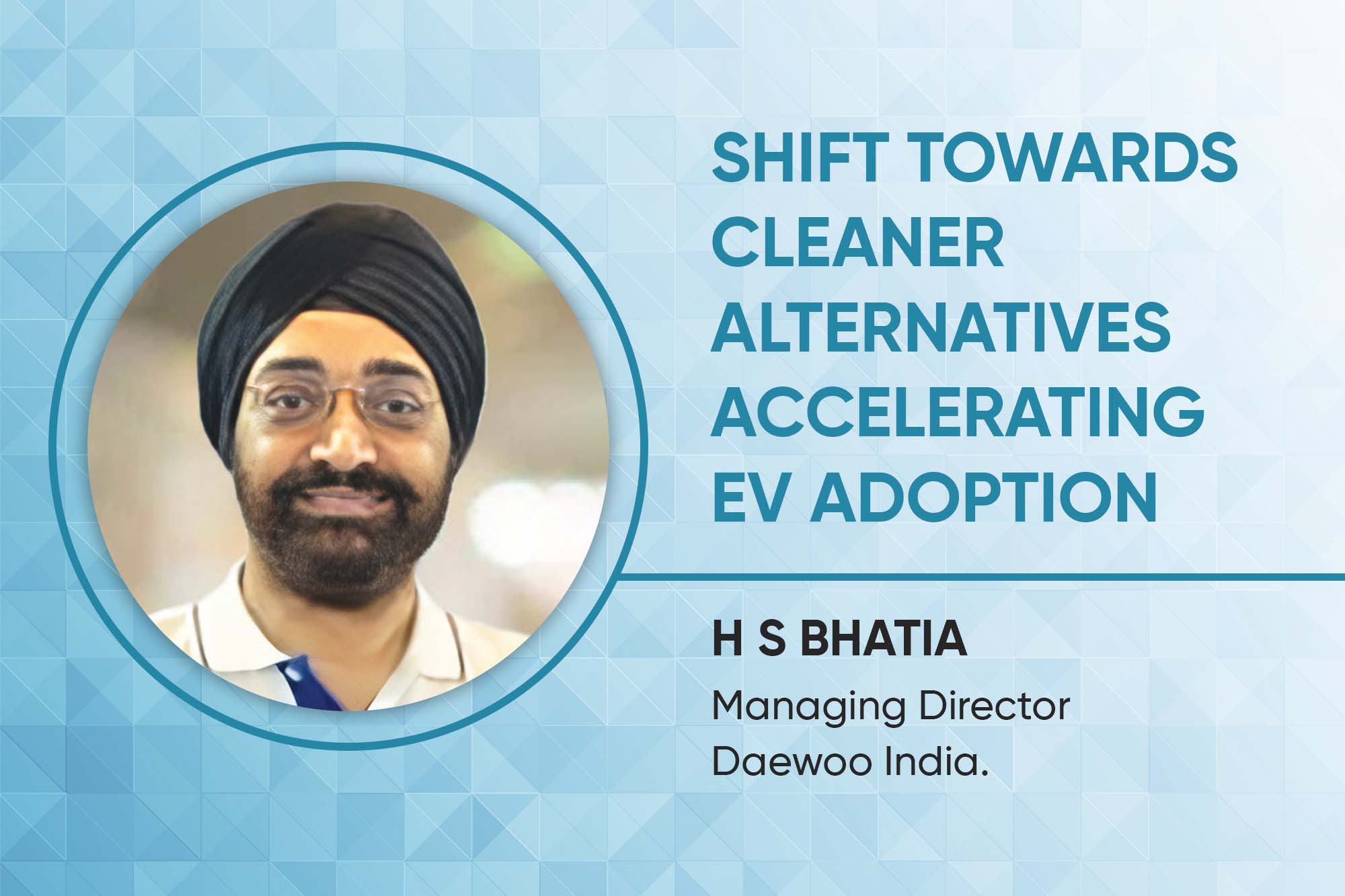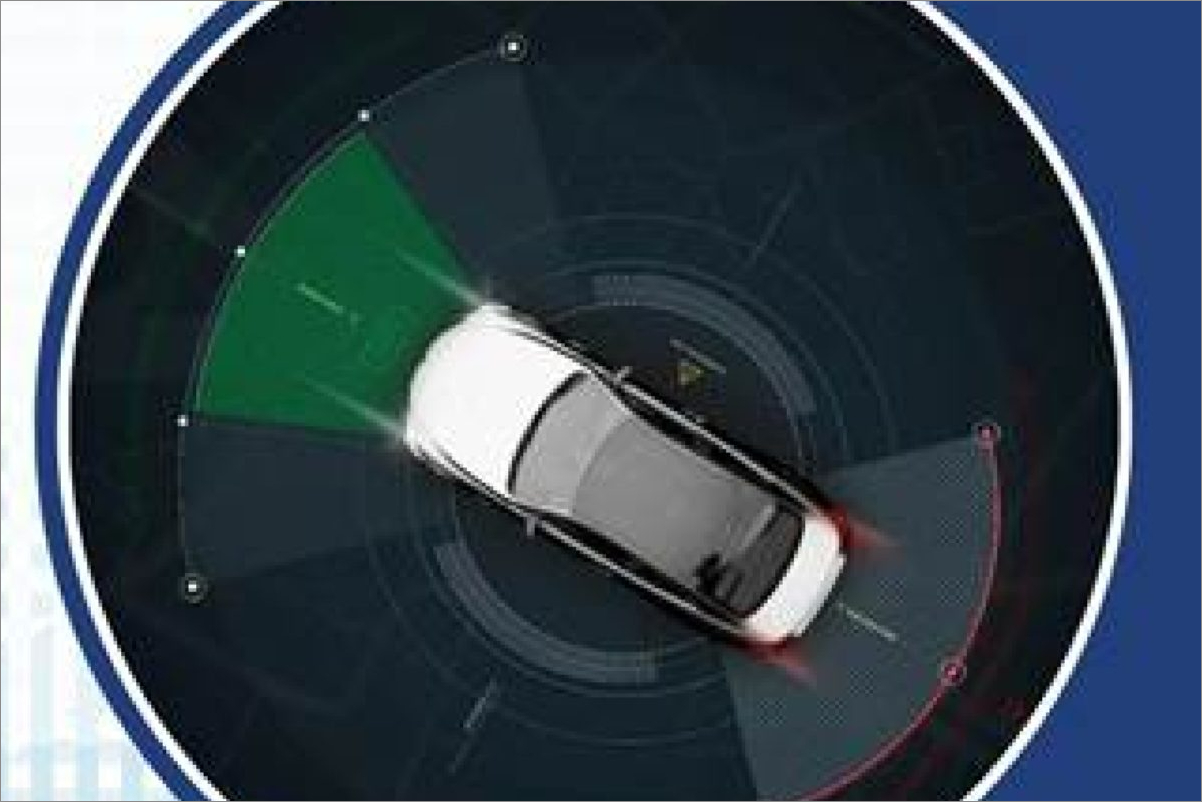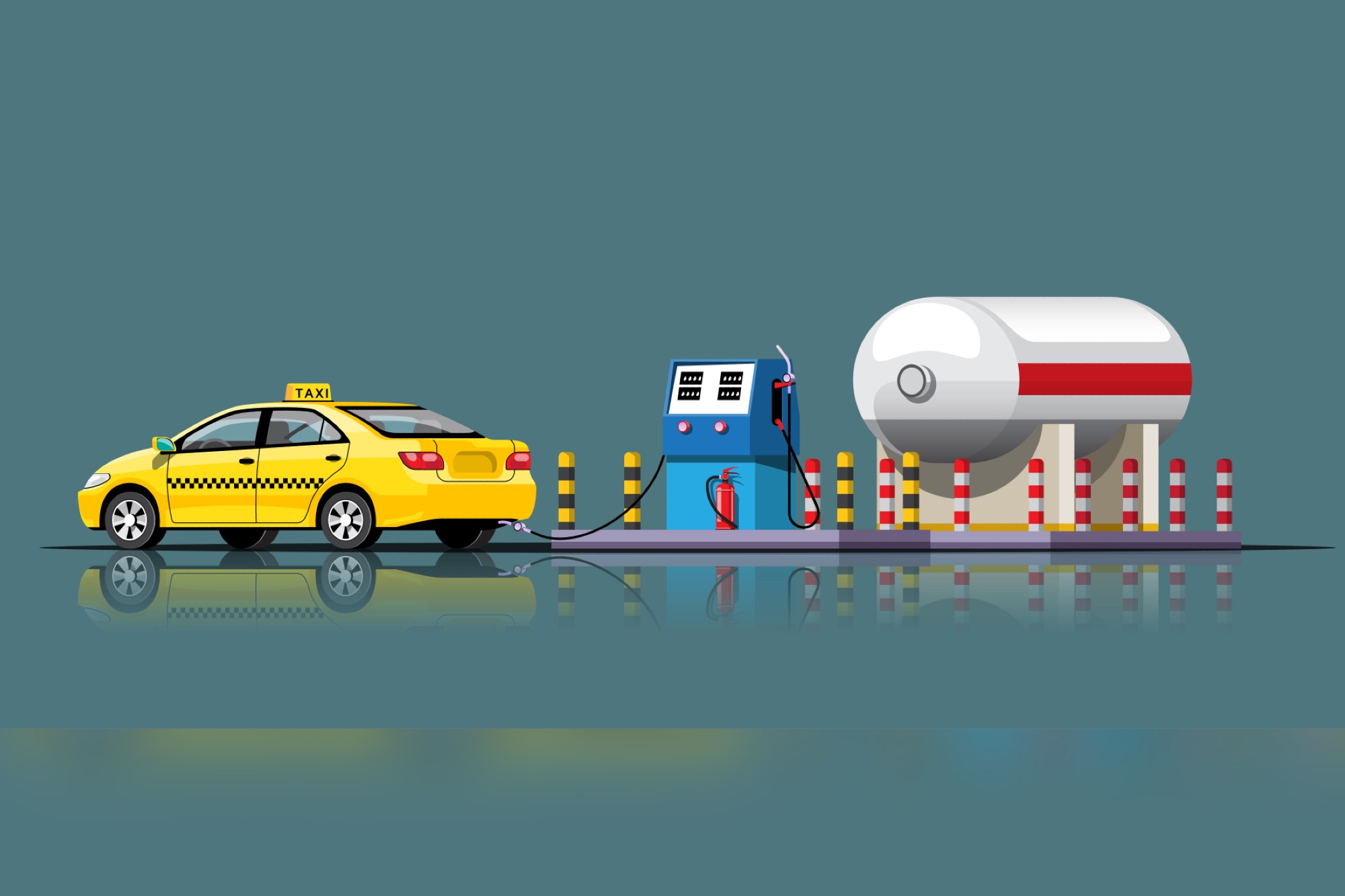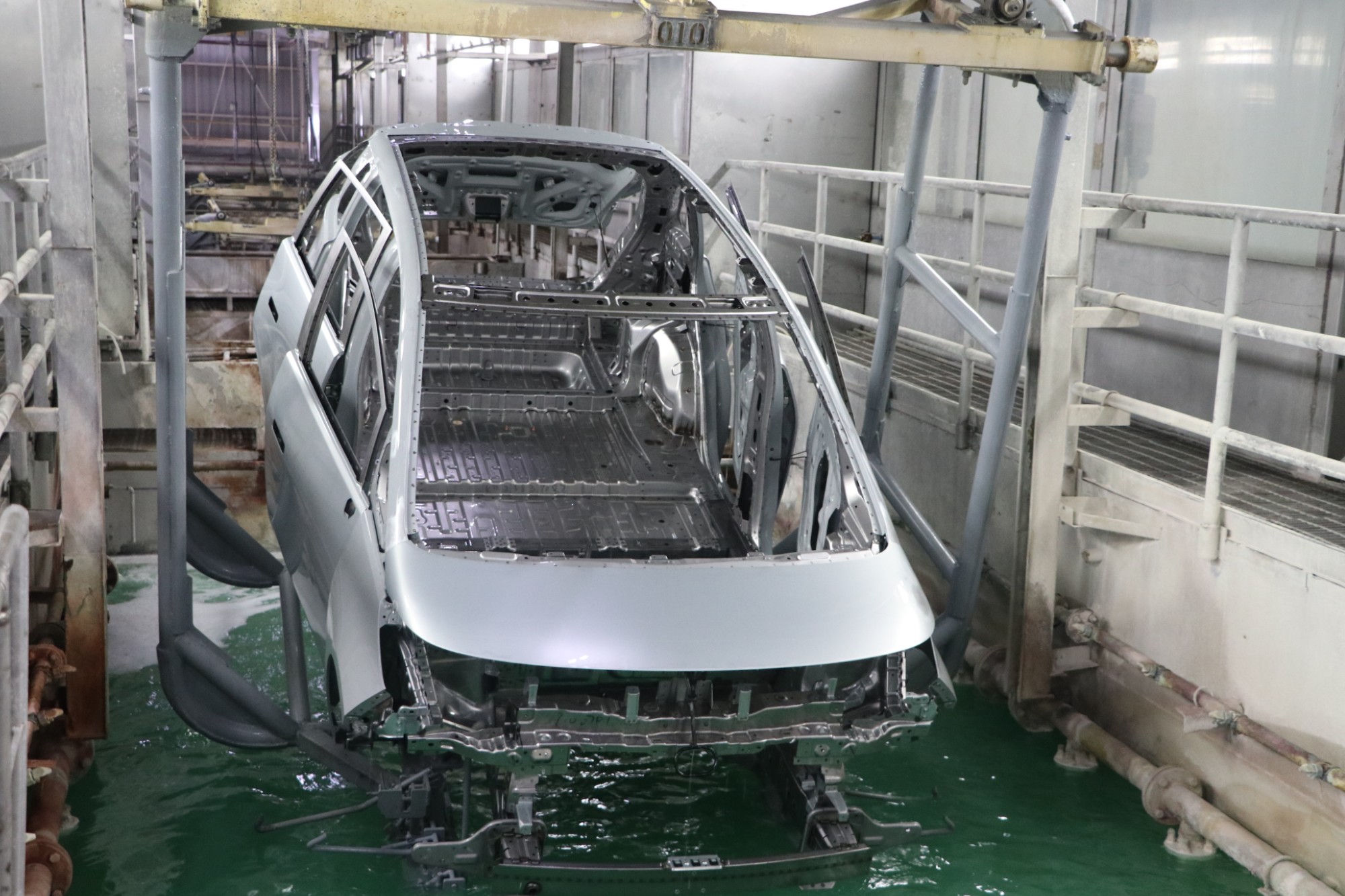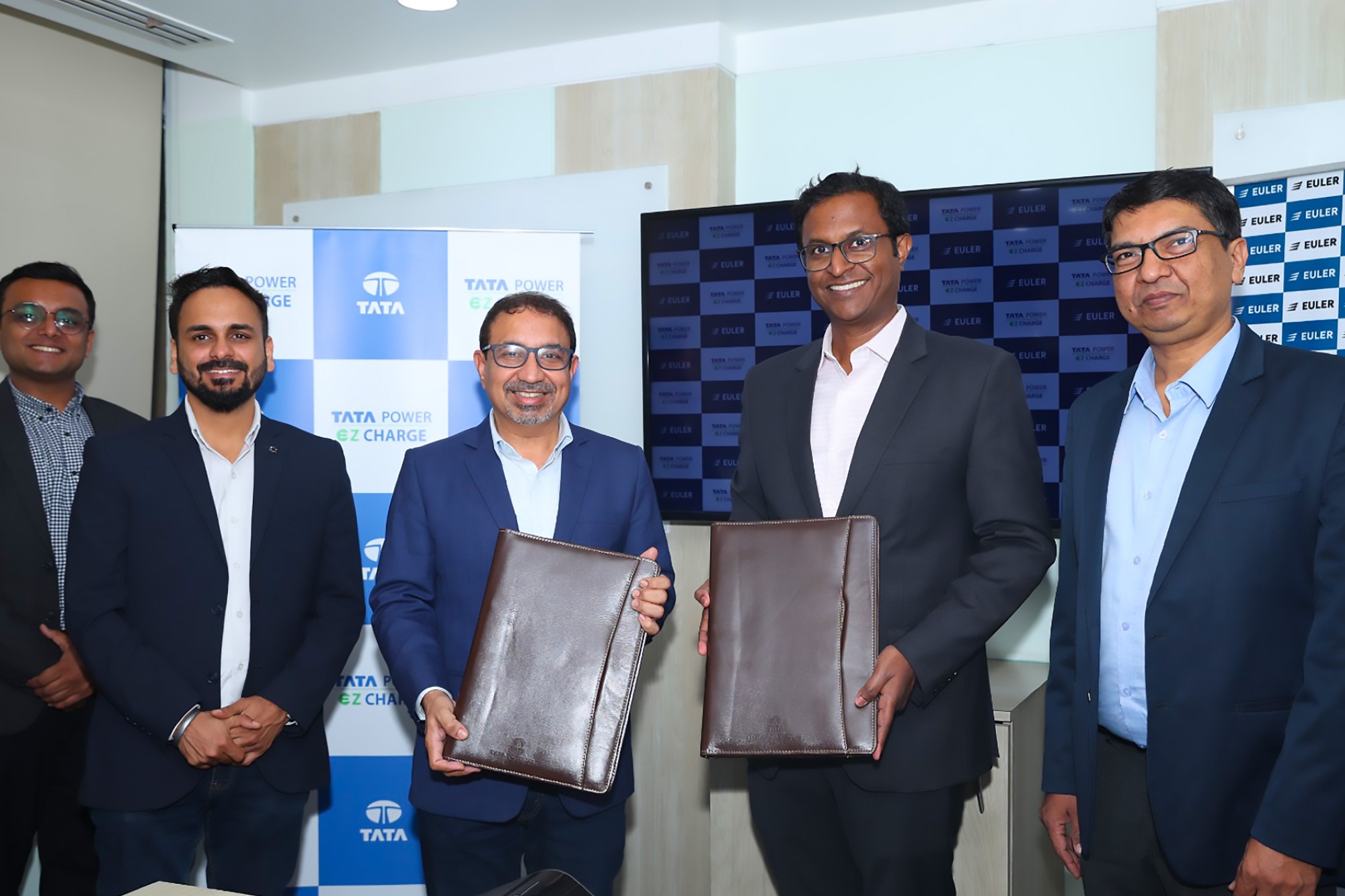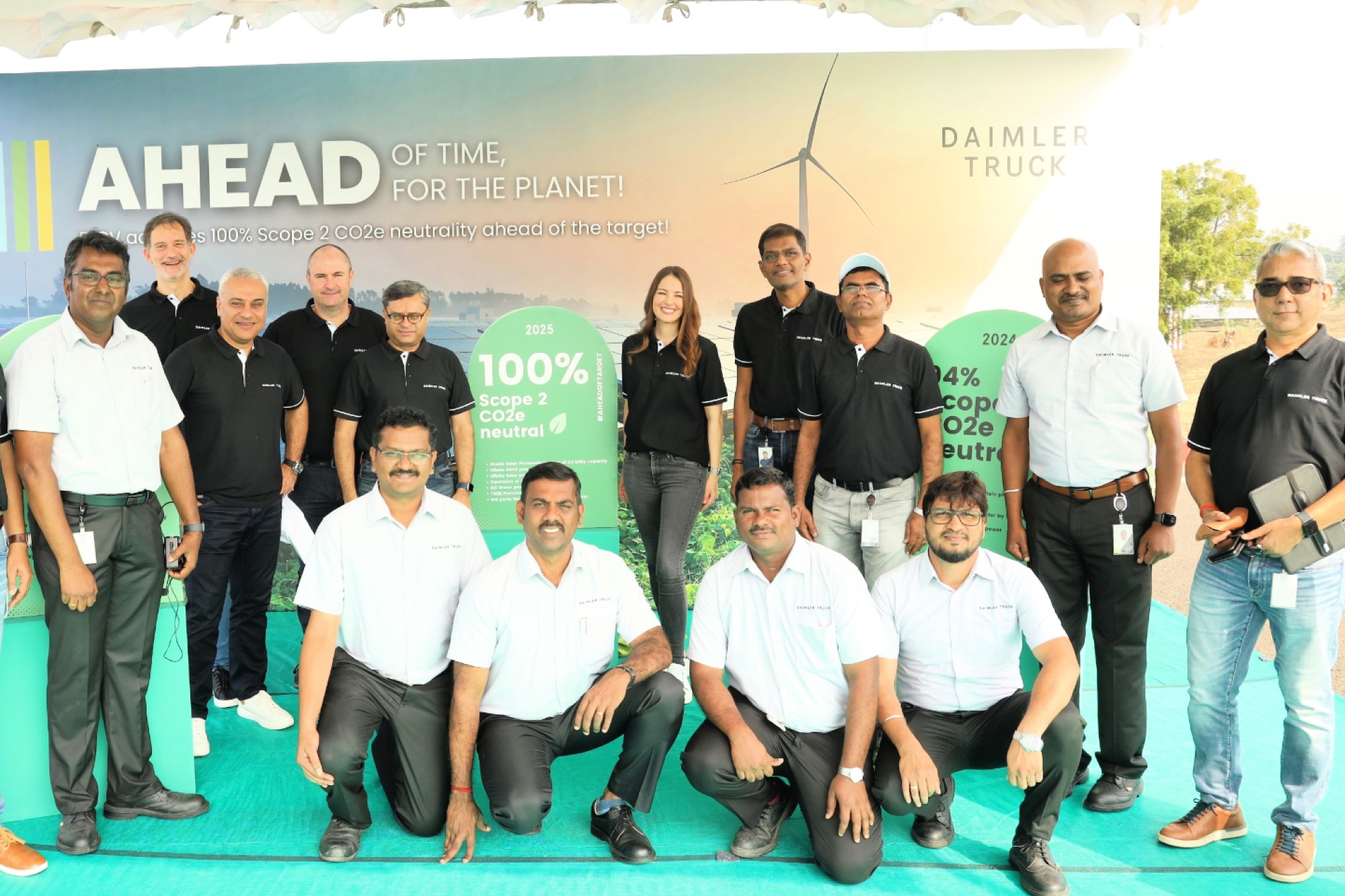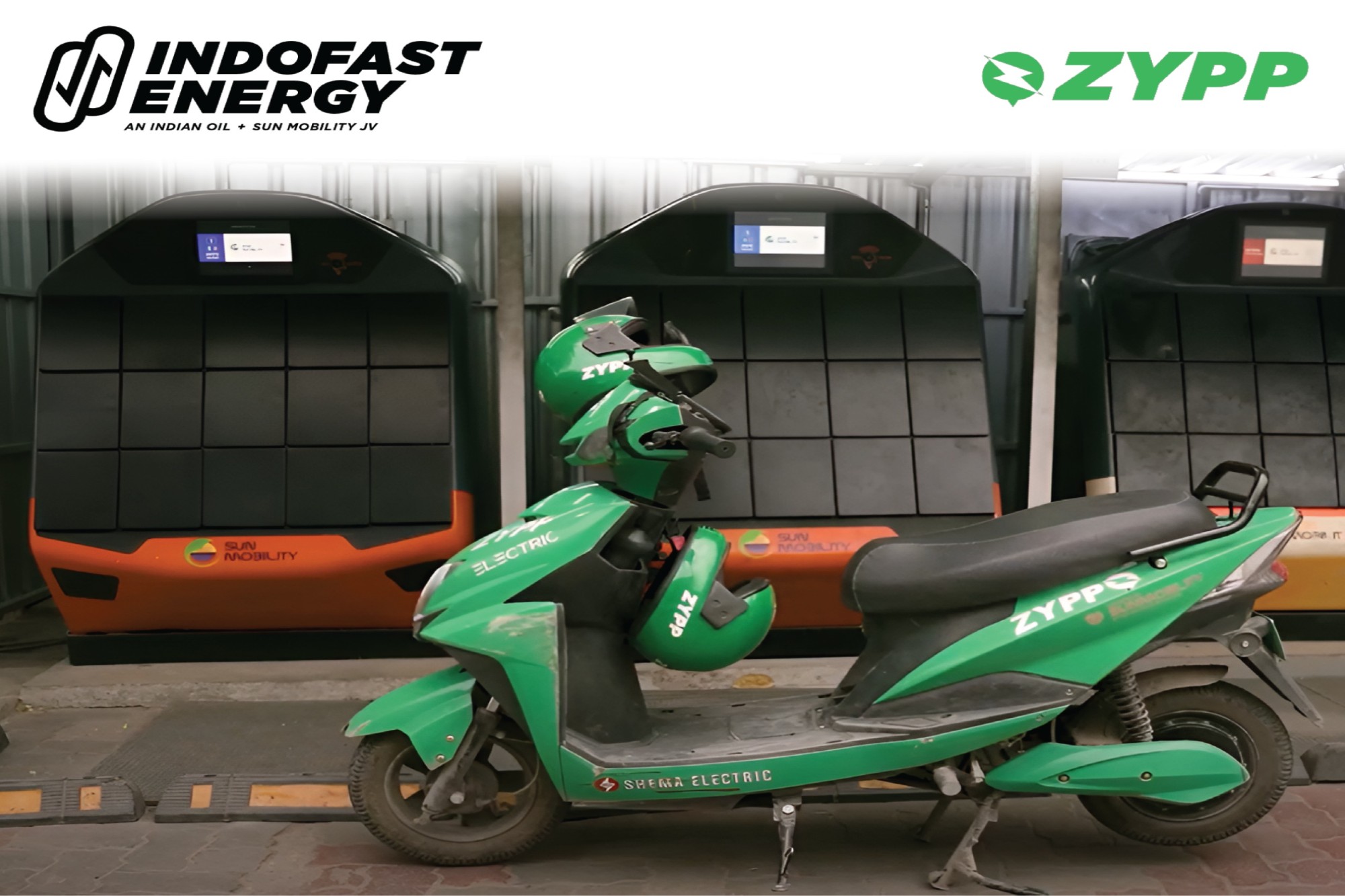Shift towards cleaner alternatives accelerating EV adoption
By OEM Update Editorial July 1, 2024 12:10 pm IST
H S Bhatia, Managing Director of Daewoo India, emphasizes that a successful transition to electric mobility in India necessitates inclusive strategies. Key factors include government policies, technological progress, and infrastructure development, all crucial for overcoming obstacles and extensive adoption of electric vehicles through collaborative efforts between industry and government.
How does consumer awareness drive the demand for sustainable transportation options?
Increasing consumer awareness drives the demand for sustainable transportation options, particularly EVs in India. As the public becomes increasingly aware of the adverse environmental effects of traditional internal combustion engine vehicles, there is a growing shift toward cleaner alternatives.
The transportation sector in India is a significant contributor to pollution, especially in cities like New Delhi, where two—and three-wheelers account for 50 percent of surface PM 2.5 levels. This shows the urgent need for change.
Moreover, with transportation comprising about one-fifth of India’s total energy use, the shift towards EVs is environmentally crucial. It also aligns with the country’s energy consumption goals. India’s young and upwardly mobile population is increasingly adopting new technologies, further propelled by their improving socioeconomic status, which positions them better to afford EVs.

How to address the challenges while transitioning to electric mobility, particularly the adoption rate?
Transitioning to electric mobility in India involves overcoming several challenges, particularly adoption rates. Supportive government policies, increasing consumer awareness, and advancements in EV technology are crucial in this regard. Expanding charging infrastructure and developing locally produced battery technologies are essential to accommodate the rising demand for EVs.
The automotive industry in India stands to play a significant role in the global EV shift and has the potential to become a leader in this space. Private companies are instrumental in offering smart digital solutions, contributing to infrastructure development, and acting as a bridge between government agencies and end-users. These initiatives support fleet operators in transitioning to EVs and help original equipment manufacturers (OEMs) provide seamless driving experiences.
Collaboration with local governments is also key for rapidly constructing charging stations and increasing public awareness, facilitating the EV industry’s swift growth. Continued cooperation between the public and private sectors, coupled with innovation and investment, can accelerate the adoption of electric vehicles in India.
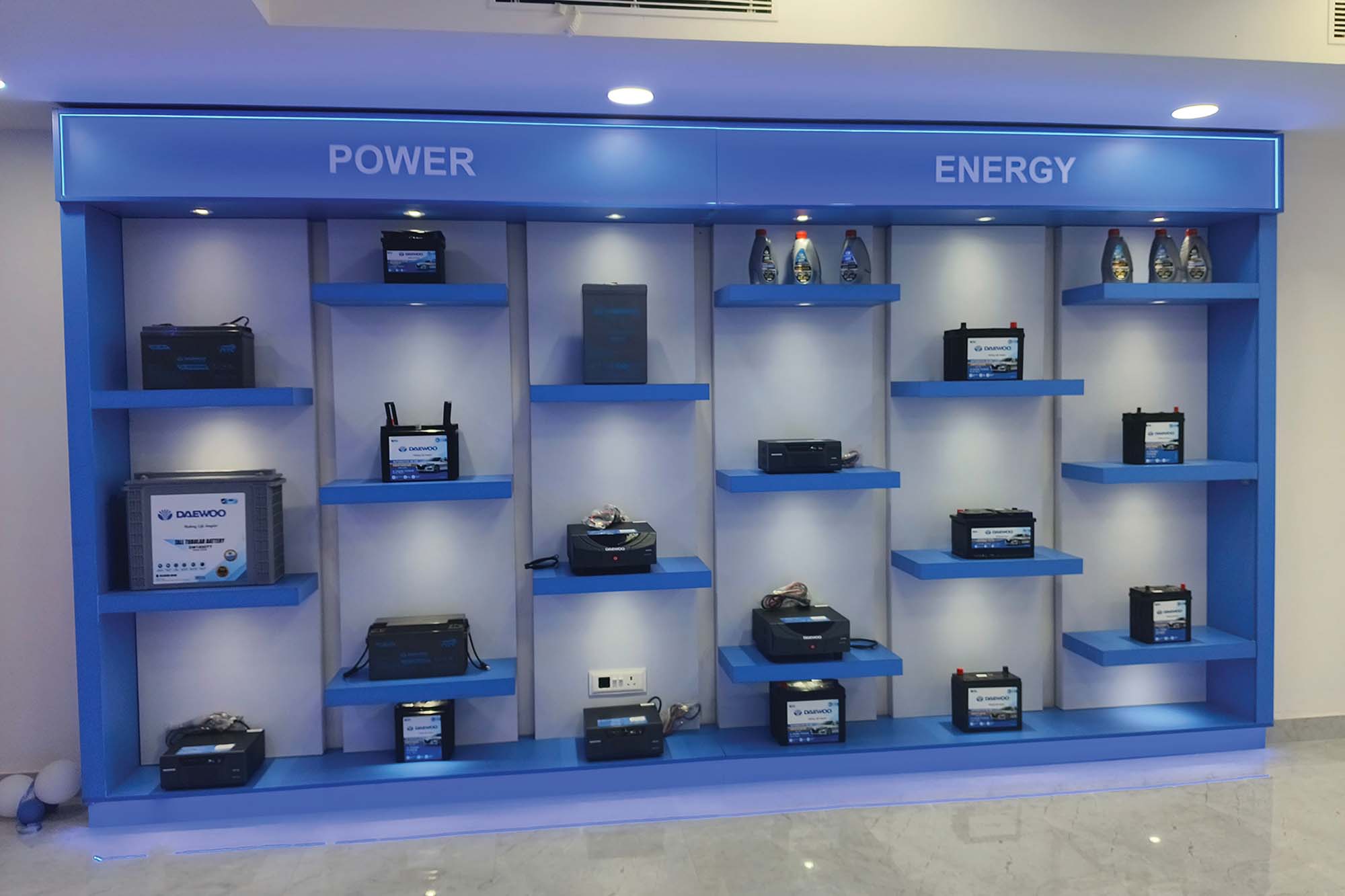
How are industry players collaborating with government authorities to address infrastructure challenges in the electric vehicle ecosystem?
Collaboration between industry players and government authorities is essential to addressing infrastructure challenges in the electric vehicle ecosystem. The Ministry of Power is incentivizing the establishment of EV charging stations through financial and non-financial measures, including a revenue-sharing model for land use and affordable charging rates.
Private entities are working with municipal, state, and central governments to install EV stations and develop a Charger Management System (CMS) to streamline operations. Given that much of India’s electricity is coal-generated, which undermines the environmental benefits of EVs, the government is exploring alternative energy sources like solar, wind, and nuclear power.Additionally, research and development in biofuels to power EV manufacturing units are being actively pursued. These government measures provide opportunities for private players to leverage technology and innovation to produce EVs more efficiently and at lower costs, ultimately reducing upfront cost for consumers and increasing EV adoption.
Addressing the challenges of limited driving range and battery capacity, private players must innovate lightweight, high-energy-density batteries supported by government tax credits and initiatives like the National Mission for Transformative Mobility and Battery Storage, 2019, promoting battery manufacturing and technological advancements.
Please discuss the role of IoT, AI, and robotics being integrated into automobile production processes to enhance efficiency and quality.
Integrating IoT, AI, and robotics into automobile production processes significantly enhances efficiency and quality. Smart factories equipped with IoT devices can monitor production lines in real-time, ensuring precision and operational efficiency. AI algorithms can predict maintenance needs, reducing downtime and operational costs. IoT devices provide data that AI can analyse to optimise production schedules, manage inventory, and ensure the quality of manufactured parts. Robotics automates repetitive tasks, increasing production speed and accuracy while minimising human error.
How do Smart factories aid in the shift towards electric mobility and enhance manufacturing competitiveness?
Smart factories play a pivotal role in the shift towards electric mobility by enhancing manufacturing competitiveness. Equipped with advanced technologies such as IoT, AI, and robotics, these factories streamline production processes, improve resource utilisation, and increase output quality. In the context of electric vehicles, smart factories can efficiently manage the production of EV components, including batteries and electric motors, ensuring consistency and high standards. This technological edge helps manufacturers reduce costs, accelerate production timelines, and respond swiftly to market demands. Furthermore, the data-driven insights provided by Smart factories enable continuous improvement in manufacturing practices, fostering innovation and maintaining a competitive edge in the rapidly evolving EV market.

How do you assess the impact of the Make in India and AtmaNirbharta initiatives in promoting self-reliance in automobile manufacturing?
The Make in India and AtmaNirbharta initiatives significantly promote self-reliance in automobile manufacturing, particularly in the EV sector. Historically, India has relied on imports for critical EV components like lithium-ion cells and electric motors due to the lack of a domestic ecosystem. However, these initiatives encourage the development of a circular economy model aimed at minimising environmental impact and maximising resource efficiency.
The Production Linked Incentive (PLI) Scheme for the automotive sector, launched with an outlay of $3.1 billion, aims to foster domestic manufacturing of advanced automotive technology (AAT) products and attract investments in the automotive value chain. This scheme attracted substantial investments, exceeding target estimates, indicating strong industry interest. Similarly, the PLI Scheme for the National Programme on Advanced Chemistry Cell (ACC) Battery Storage, with an outlay of $2.1 billion, aims to boost the capabilities of India in battery manufacturing.
The EV Industry has high expectations from the Union Budget to be presented in July’2024 after the resuming of the Modi Government’s third term. These initiatives, combined with state-level policies promoting EV purchase and local manufacturing, align with Indian commitment to the Paris Agreement and the goal of achieving significant EV adoption by 2030.
Cookie Consent
We use cookies to personalize your experience. By continuing to visit this website you agree to our Terms & Conditions, Privacy Policy and Cookie Policy.



